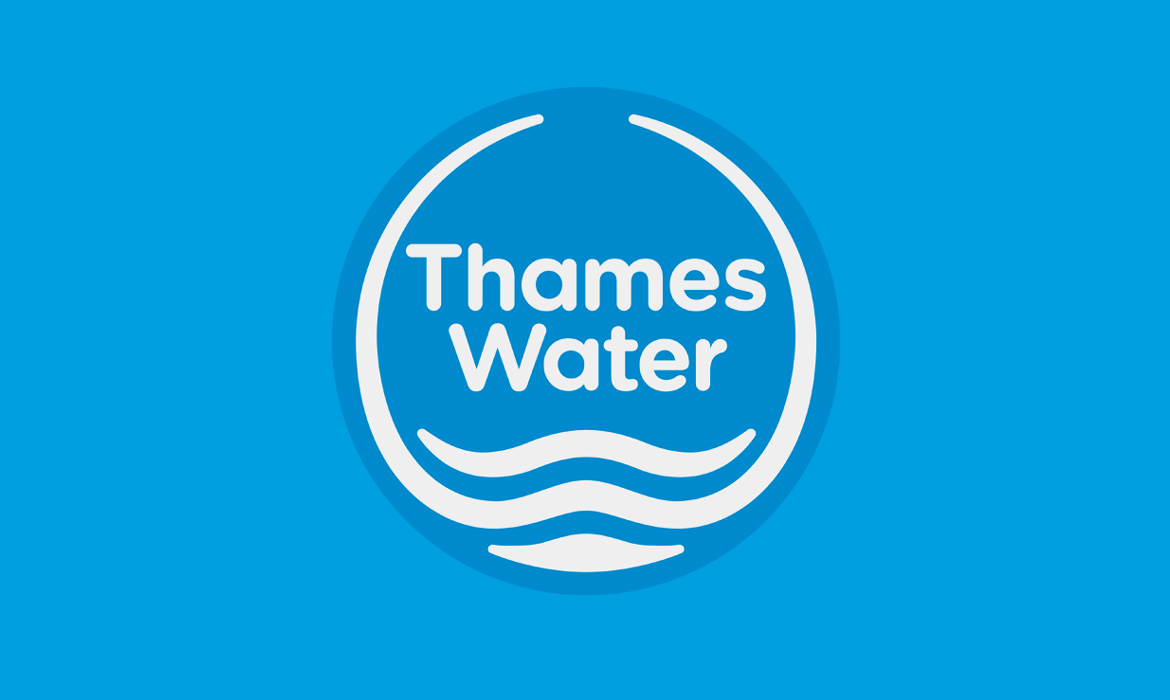
ECHA Nanoform Titanium Dioxide Appeal Decision
The European Chemicals Agency’s (ECHA) board of appeal has annulled a decision for information on the crystal phases and nanoforms of titanium dioxide (TiO2) one of the most widely made nanomaterial products. The TiO2 registration dossier was submitted to ECHA in 2010 and four years later further details on substance identity were requested including details on specific compositions manufactured / imported by each registrant. The board of appeal noted that as REACH has no specific requirement to identify nanoforms, registrants were “at liberty to give a broad definition of the substance… including both the bulk forms and the nanoforms”. The European Commission intends to propose amendments to clarify information requirements later this year. Any new information sought will be managed by the recently formed EU nanomaterial safety body – EU Observatory for Nanomaterials (EU-ON). Read on to see how this effects the Thames Water Fine.
Record Fine for Thames Water
Following the admission of serious water pollution Thames Water has been fined a record £20m. The fine imposed was for numerous offences in 2013 and 2014 at sewage treatment works at Aylesbury, Didcot, Henley and Little Marlow, and a large sewage pumping station at Littlemore. In total around 1.9 billion litres of untreated sewage was released causing widespread impact including the death of fish and birds. The fine is the largest penalty handed down to a water utility for an environmental disaster. In delivering his verdict at Aylesbury Crown Court, Judge Francis Sheridan stated: “This is a shocking and disgraceful state of affairs. It should not be cheaper to offend than to take appropriate precautions.” He went further adding: “I have to make the fine sufficiently large that they get the message.”
EA Regulated Industries Strategies Published
The Environment Agency have, belatedly, published their Regulated Industry Sector Strategies which detail their planned actions between 2016 and 2020 for 13 industries including power, chemicals production, landfill and hazardous waste. It is the first time such documents have been made available to the public. However, given the belated nature of the release operators are already being regulated as per the strategies and the EA continue to target their attention on operators with a history of serious non-compliance.
Example objectives include: Reviewing permits of the Non-ferrous metals (NFM) sector following the Best Available Techniques (BAT) Conclusion publication; Working with the food and drink industry to minimise amenity impact including all that are relevant (primarily odour); Reducing emissions to air of priority pollutants, specifically SO2, NOx, NMVOCs and particulates – refineries, fuel, oil and gas; For metals recyclers – to see waste accurately described and characterised, and to ensure that the right waste ends up in the right place through permitting and compliance work.
Nottinghamshire Shale Gas Exploration Site Approved
Dart Energy, a subsidiary of IGas, has been given permission to install an exploratory well at a second site in Nottinghamshire. The Tinker Lane site is located on land off the A634 between Barnby Moor and Blyth, near Retford, and sits above the Bowland Shale and Millstone Grit geological formations. Notts County Council’s planning committee approved the application on 21st March following the Planning Officers recommendation. The well will be multi-core and there will also be three sets of boreholes to monitor groundwater and ground gas during drilling.
Shale Gas exploration is not without controversy however and the High Court is yet to rule on the legality of the decision by Sajid Javid (Secretary of State for Communities and Local Government) to overturn Lancashire County Council’s rejection of Cuadrilla’s application to drill and frack four wells in the Fylde Borough area.

